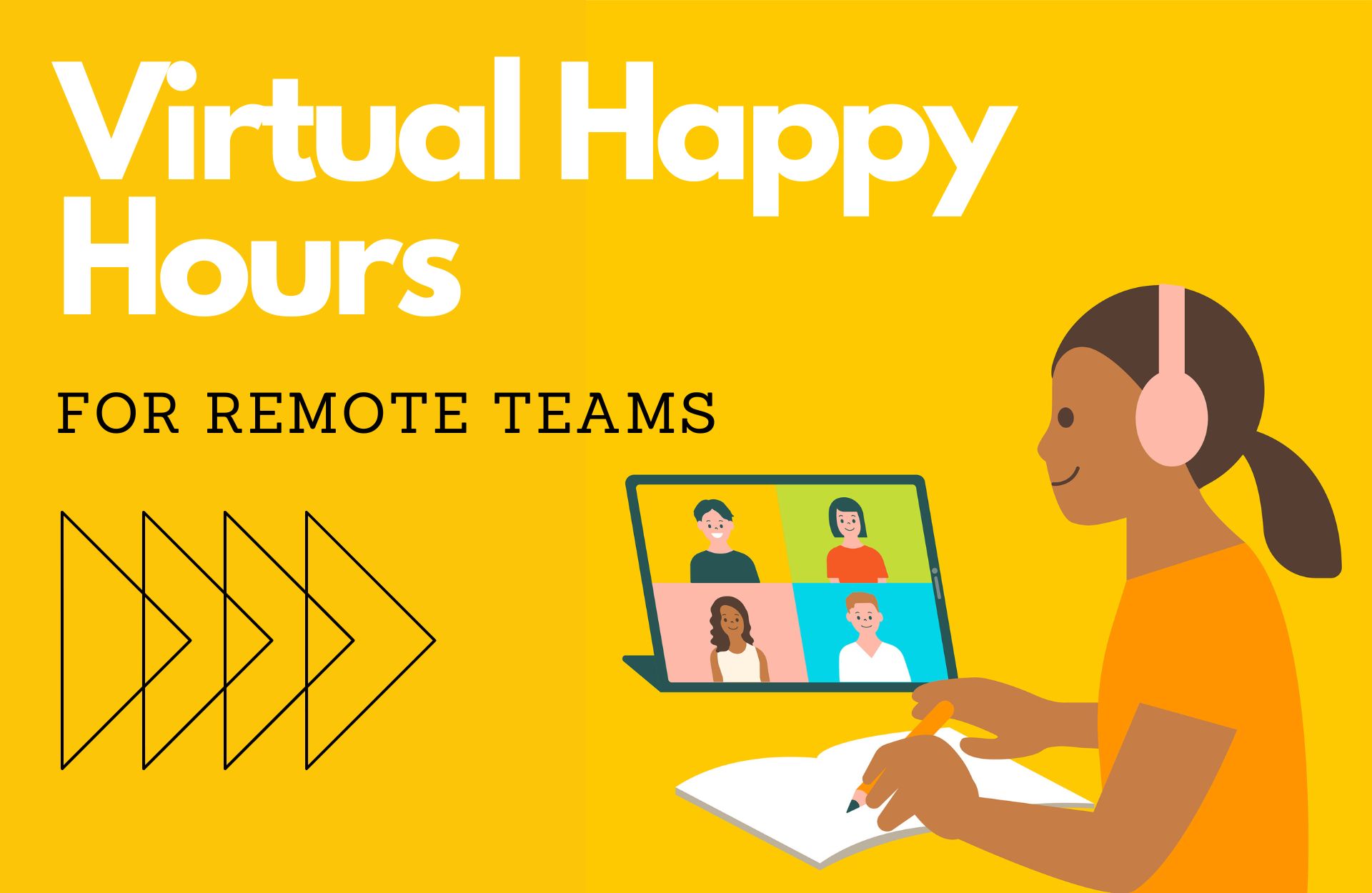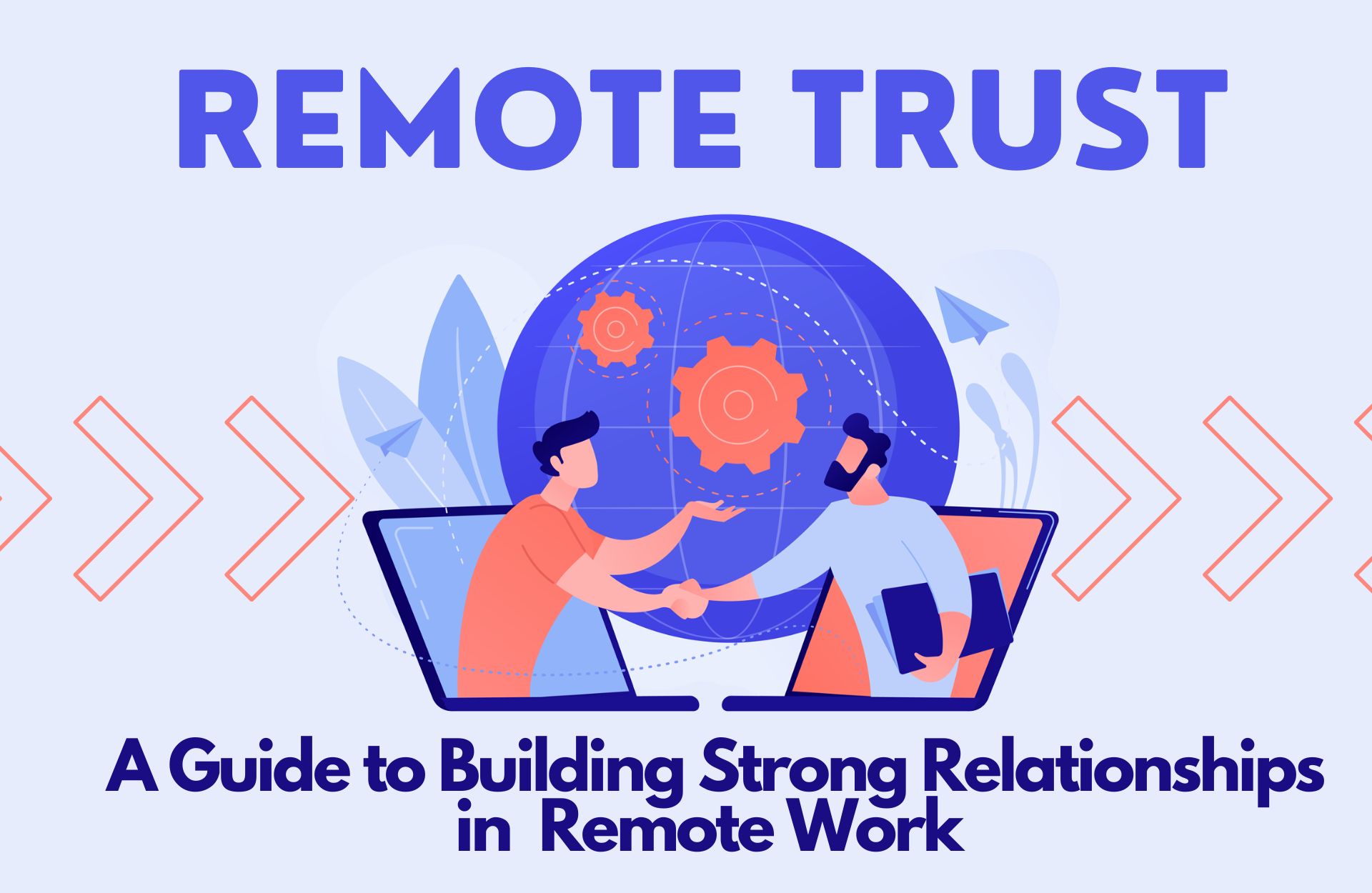Organizations around the world are adapting to new working trends, and remote work is the new normal for some businesses.
Currently, 70% of employees work from home full-time, some in certain parts of the world. Although it proved to be a successful work module, there were some difficulties in managing and motivating groups of remote employees.
Given the unpredictability of things, many companies need to develop a surefire way to manage the day-to-day issues of running a business remotely. Additionally, they need to find new and innovative ways to keep employees motivated and engaged amidst changing work trends.
Reference: 70% of people globally work remotely
Keep your employees focused remotely
In order for your employees to stay focused and motivated even in a remote setting, you, as a manager, need to provide them with the tools necessary to create a nurturing work environment and keep them productive.
It is well known that keeping employees motivated has a considerable impact on the success of an organization, even more so in a remote setting where you are not in the same office.
We’ve listed some key tools and techniques that will help you keep your team on track while working remotely, increasing productivity and motivation.
Useful articles: How to Keep Remote Workers Engaged in a Virtual Team
Use new tools and technology
If you’re a small business, you can keep tabs on what projects each employee is working on and what stage the projects are currently in.
However, when you’re juggling a large number of employees and multiple projects at once, it can become difficult to keep track of everyone’s progress.
A great way to streamline projects and keep track of deadlines is to use different online project management tools. Most of these software are cloud-based and don’t require you and your team to be in the same place to use them.
These tools can help track deadlines, review currently running projects, and check each team member’s contribution and progress towards success. These tools also allow for transparent communication and coordination between teams so that everyone is on the same page on the project.
You may also like: Top 8 Remote Collaboration Tools for Teams
Maintaining a Determined Mindset and Setting Goals
The only way to grow your company is to have a clear understanding of your goals. Otherwise, you may often feel like you don’t know where the company is headed. Especially in a remote company, it’s critical to define company goals so everyone is on the same page, working towards the same goals.
Additionally, it is crucial to instill a growth mindset in employees, which motivates them to strive to advance in their careers and contribute to the growth of the company.
Employee Reward Programs
Working remotely often leaves employees feeling like they are not being recognized for their hard work, which leads to demotivation as they feel that their efforts are not being appreciated.
Introducing an employee recognition program will not only make them feel recognized and rewarded for their efforts, but will make them feel valued, happier and more productive.
Another considerable risk of remote employees is that they leave the job too often, as it can be difficult to feel part of the team when working from home. But applauding their achievement makes them feel noticed and want to contribute more to its success.
Solid relationship
Managers can often keep track of their employees in the office by doing mini-walks around the office and schmoozing with different teams. However, these midday check-ins are not possible in a remote work environment. As a result, it’s common for business owners and managers to micromanage their employees.
Instead, we recommend trusting your employees to manage their work and letting them contact you if they need your help. You hire remote workers for a reason, and you need to trust that they will deliver the results you need without constant oversight.
Instead of micromanaging them, try to build a strong relationship with them. Ask about their home and life outside of work. If your employees feel they can relate to you, they won’t hesitate to ask you questions or seek your help if necessary.
Conclusion
Remote work is the future, and the sooner businesses adapt, the better. It’s important to remember that motivating employees is a process that doesn’t happen overnight. Implement these simple yet effective steps into your management style and you will see positive results.





